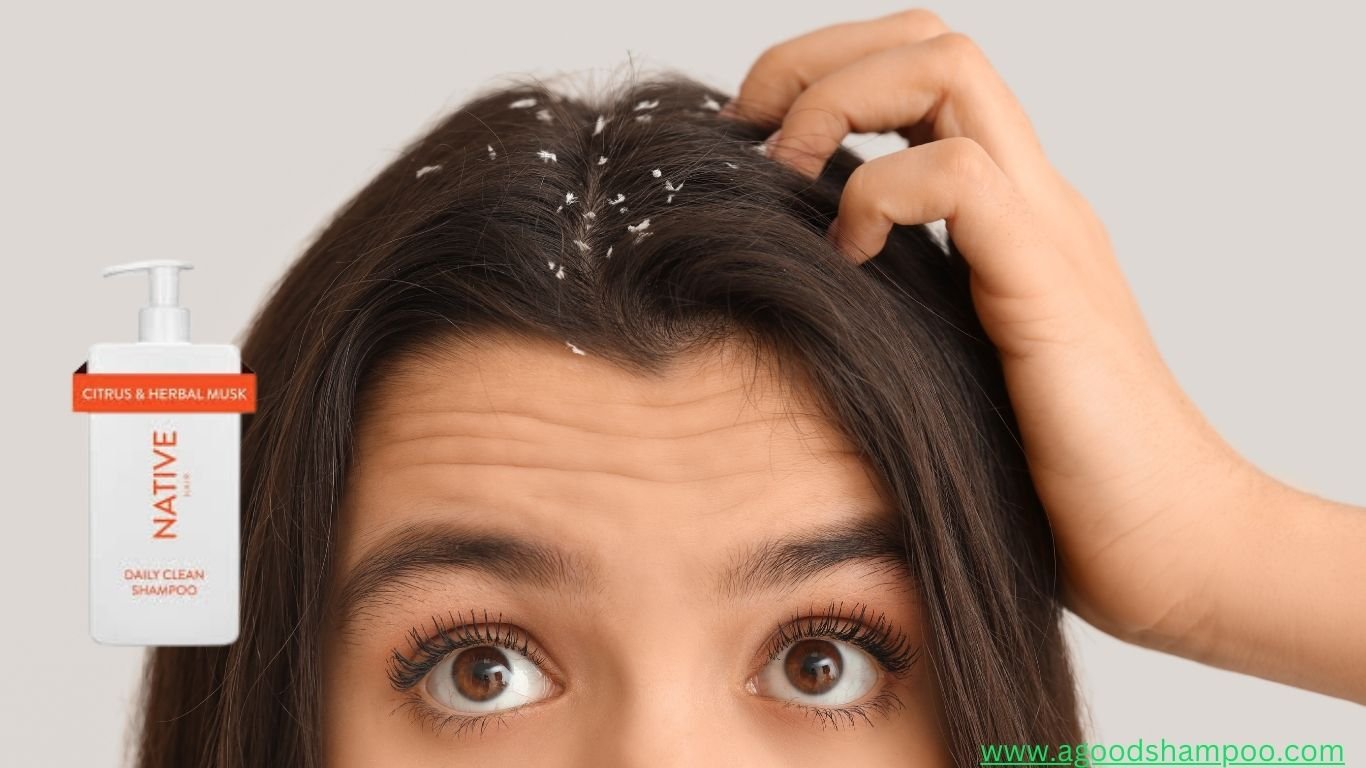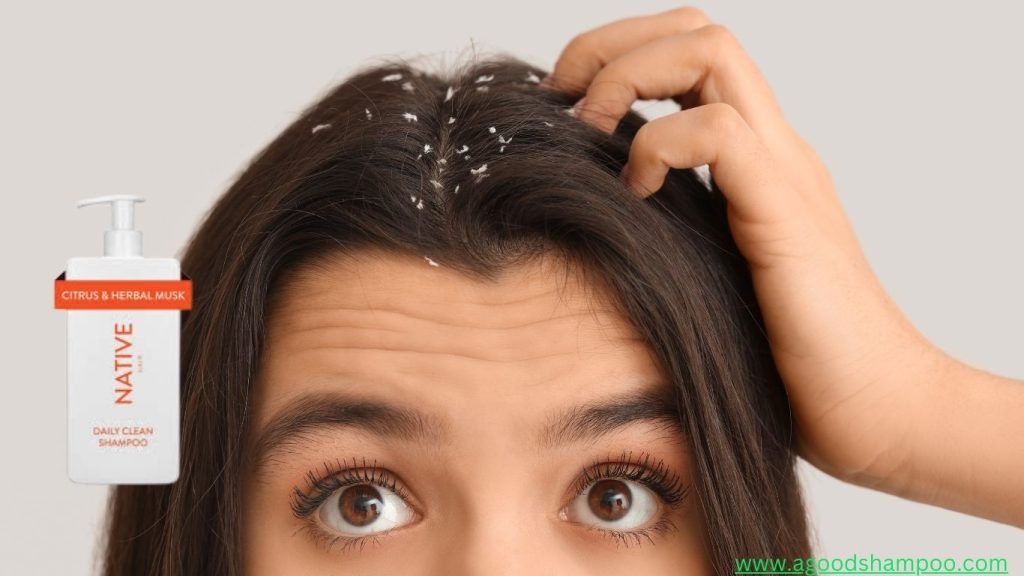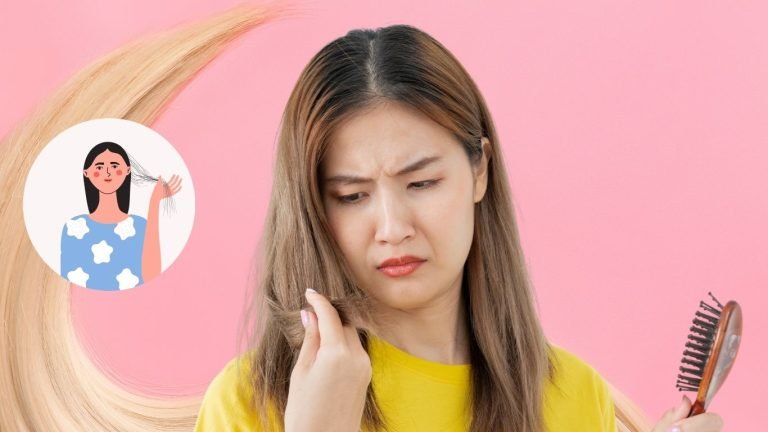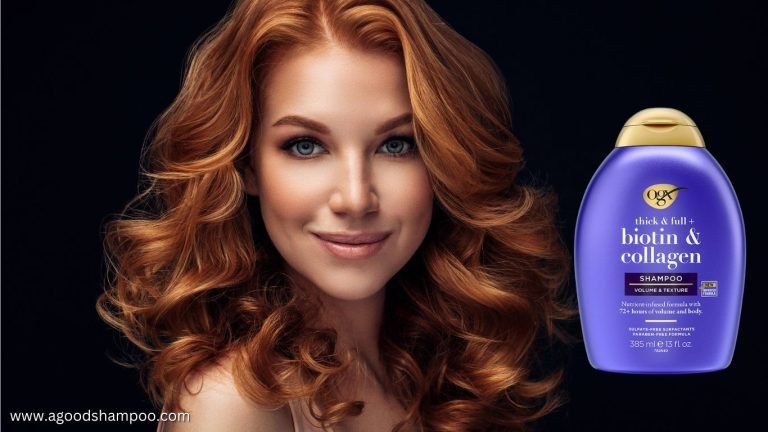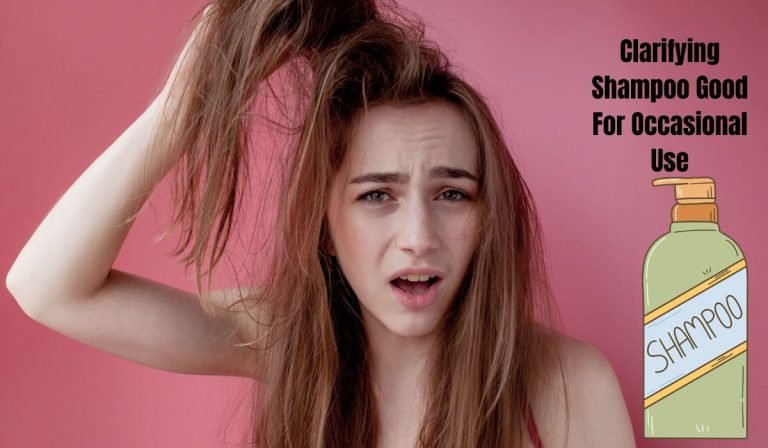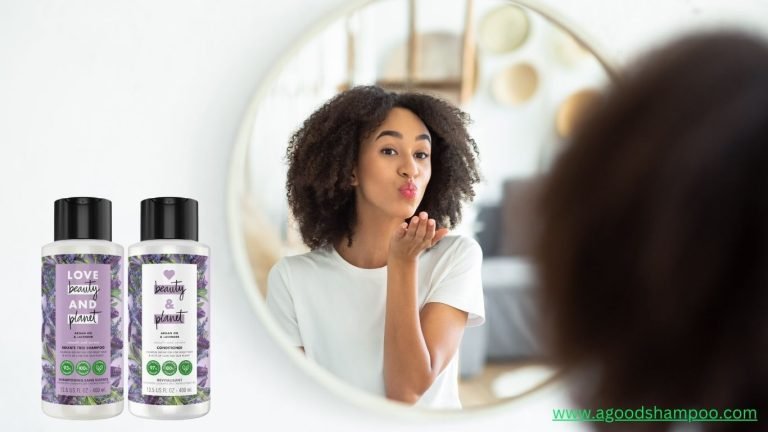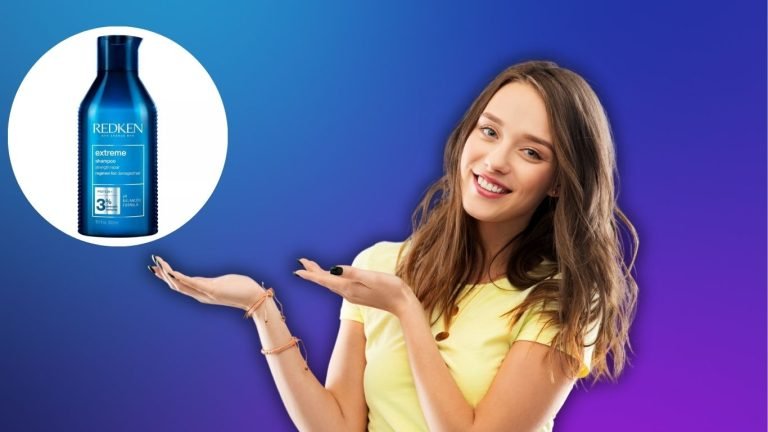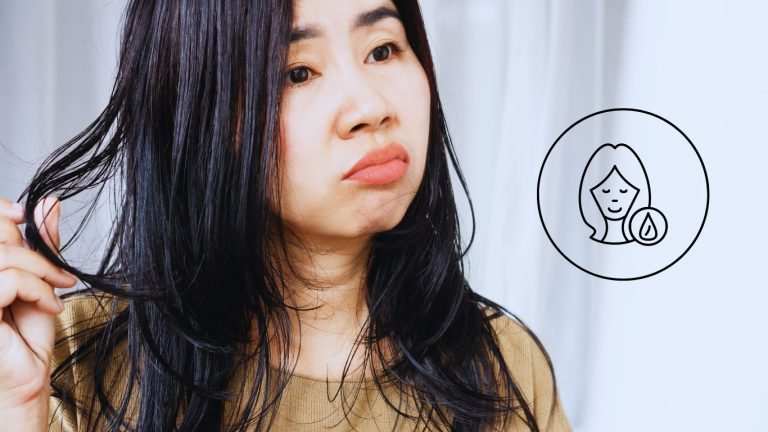Which Native Shampoo Is Good for Dandruff? Reviews & Tips
If you’ve been fighting dandruff for a while, you already know it’s not just about white flakes on your shoulders. It’s the itch, the irritation, and the embarrassment that comes with constantly brushing off your shirt. And if you’ve looked around for solutions, you’ve probably noticed Native shampoos popping up everywhere. They’re marketed as clean, sulfate-free, and packed with natural ingredients like eucalyptus and mint. But the question remains: Which Native shampoo is actually good for dandruff?
Let’s unpack this together, like a friend sitting you down with a coffee and explaining what’s hype, what’s real, and what actually works.
Why Dandruff Is So Stubborn in the First Place
Before we even touch bottles, let’s understand what’s going on with your scalp.
Dandruff isn’t just “dry scalp.” It’s usually linked to an overgrowth of a yeast-like fungus called Malassezia. Studies show this fungus feeds on scalp oils and triggers irritation, leading to flakes. Add in factors like:
Oily scalp – more food for yeast.
Dry climate or over-washing – scalp gets stripped, then overcompensates.
Harsh ingredients – sulfates, heavy fragrances, and even silicone build-up.
Skin conditions – eczema or psoriasis can mimic dandruff.
So when people say “just switch shampoos,” it’s not that simple. The right shampoo needs to cleanse without stripping, calm irritation, and ideally reduce fungal overgrowth.
What Makes Native Shampoo Different?
Native markets itself as a “clean beauty” brand. No sulfates, parabens, or silicones. Their formulas focus on gentler surfactants (like sodium cocoyl isethionate) and botanical extracts. That’s attractive if you’re tired of harsh medicated shampoos that leave hair straw-like.
But here’s the catch: not all Native shampoos are designed with dandruff in mind. Some are purely moisturizing, while others use invigorating oils that might help with scalp flaking. The trick is knowing which bottle to grab.
Ingredient Breakdown: What Actually Matters for Dandruff
When you’re evaluating any shampoo for dandruff, look out for these science-backed players:
Tea Tree Oil – Studies show it has antifungal properties that fight Malassezia. A clinical trial found 41% improvement in dandruff severity after 4 weeks of using a 5% tea tree formula.
Eucalyptus Oil – Cooling, soothing, and mildly antifungal. It’s not as strong as zinc pyrithione but can calm itch.
Peppermint & Menthol – Don’t treat dandruff, but give that cooling sensation that feels like relief.
Zinc Pyrithione / Ketoconazole / Selenium Sulfide – Classic medicated agents, but Native doesn’t use these (they stick to natural vibes).
So with Native, you’re leaning more toward soothing and balancing rather than aggressively medicating. Good for mild dandruff, not necessarily for severe cases.
Native Shampoos That Could Help with Dandruff
Now let’s go bottle by bottle.
1. Native Eucalyptus & Mint Shampoo
This is the one most often associated with dandruff relief. Why? The combo of eucalyptus and mint gives both cooling comfort and mild antifungal support.
Best for: Oily scalps that flake often.
Why it works: Eucalyptus can reduce irritation, while mint unclogs scalp buildup. It’s refreshing and feels “cleaner” than the moisturizing options.
Limitations: Doesn’t directly kill fungus as strongly as medicated shampoos. Might not stop severe dandruff.
Quick Fact Box:
“Research shows eucalyptus oil has antimicrobial effects against bacteria and fungi. While not a dandruff cure, it helps calm scalp itch and irritation.”
2. Native Tea Tree & Mint Shampoo (Seasonal / Limited Edition)
Tea tree is the heavy hitter here. Even at lower concentrations, it can reduce yeast growth on the scalp.
Best for: Mild to moderate dandruff, especially with itchy scalp.
Why it works: Tea tree is antifungal. Mint soothes. Together, they reduce both flakes and discomfort.
Limitations: Not always available year-round, which is frustrating.
3. Native Coconut & Vanilla Shampoo
This one smells divine, but let’s be honest, it’s not for dandruff. The formula is moisturizing, which can be nice if your scalp is super dry, but it won’t fight flakes.
Best for: Dry scalp without fungal dandruff.
Why it doesn’t work for dandruff: Too moisturizing, may worsen fungal activity if scalp is already oily.
4. Native Cucumber & Mint Shampoo
Light, fresh, and clarifying. While not specifically antifungal, cucumber offers cooling hydration and mint helps refresh.
Best for: Mild flaking caused by buildup or product residue.
Why it works: Clarifying without stripping. Sometimes flakes are just buildup, not dandruff.
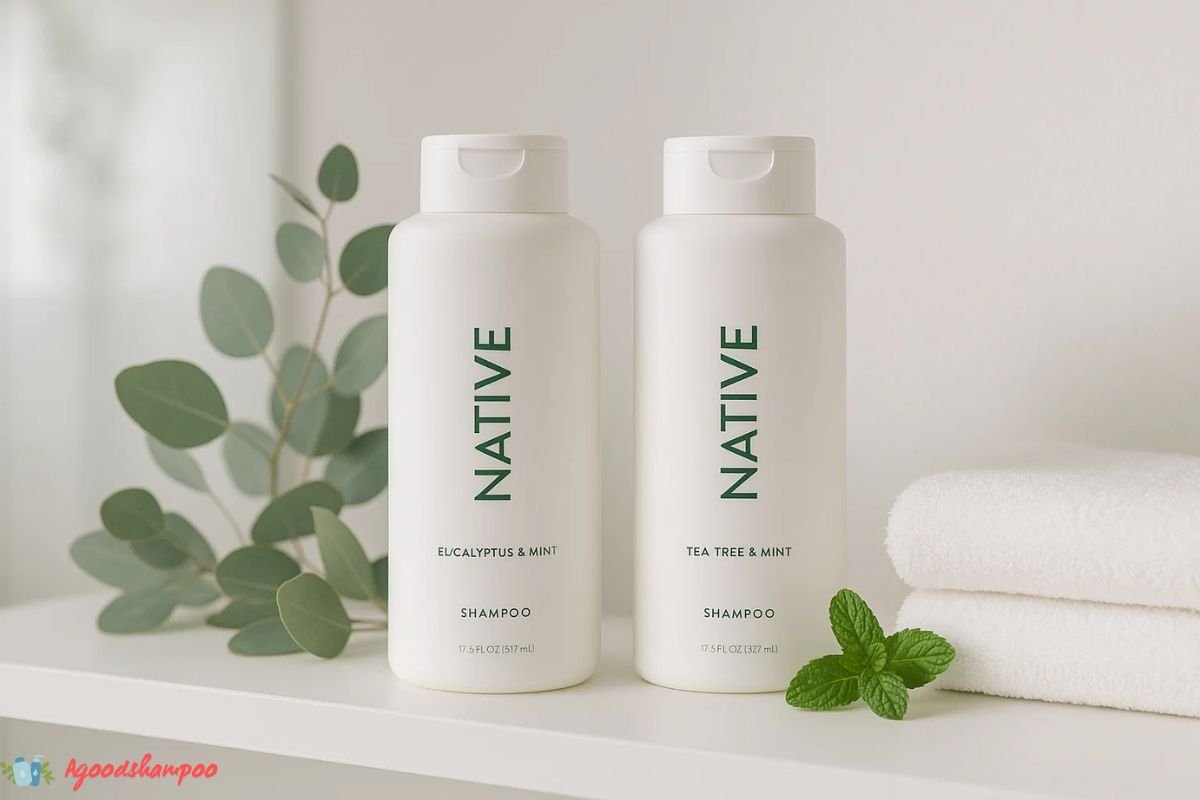
Does Native Shampoo Actually Cause Dandruff?
Funny enough, some users report that Native made their flakes worse. Why?
If your scalp is fungal dandruff prone, moisturizing ingredients like coconut oil can feed yeast.
If you have sensitive skin, some essential oils (like peppermint) can irritate.
Switching from a medicated shampoo to a mild one may feel like dandruff “got worse” because the yeast was no longer being controlled.
So it’s not that Native causes dandruff, it’s that it may not treat the root issue for everyone.
@alexandmike Rinse & repeat @Native shampoo & coniditoner review #native #showerroutine
Native Shampoo Lawsuit: Should You Be Worried?
A few years back, Native (like several beauty brands) faced a class-action lawsuit. Consumers claimed the brand’s “natural” labeling was misleading and some products caused irritation. It wasn’t specifically about dandruff, but about transparency.
As of now, Native is still widely sold and trusted, especially under Procter & Gamble’s ownership. If you have sensitive skin, always patch-test.
Comparing Native to Classic Anti-Dandruff Shampoos
Let’s be fair. Native isn’t medicated. So how does it compare to the “no. 1 dandruff shampoos” recommended by dermatologists?
| Shampoo | Key Ingredient | Works Best For | Downsides |
|---|---|---|---|
| Head & Shoulders | Zinc Pyrithione | Fungal dandruff, everyday use | Can feel harsh, fragrance-heavy |
| Nizoral | Ketoconazole | Moderate to severe dandruff | Medicinal smell, drying |
| Selsun Blue | Selenium Sulfide | Oily dandruff, heavy flaking | Can discolor hair, strong scent |
| Native Eucalyptus & Mint | Eucalyptus + Mint | Mild dandruff, itchy scalp | Not strong enough for severe cases |
| Native Tea Tree & Mint | Tea Tree + Mint | Mild to moderate dandruff | Limited availability |
What research says: Dermatologists agree medicated shampoos remain the gold standard. But for people who hate the smell, dryness, or harshness of those formulas, Native offers a gentler alternative.
How to Use Native Shampoo for Dandruff the Right Way
If you’re going to try Native for dandruff, maximize its effect:
Double cleanse. First wash removes oil, second allows ingredients to actually touch scalp.
Massage, don’t rush. Let it sit for 2–3 minutes so eucalyptus or tea tree can do their job.
Alternate with medicated. Use Native during the week, and a strong anti-dandruff shampoo once or twice weekly if needed.
Condition carefully. Avoid heavy conditioners on scalp, stick to mid-lengths and ends.
Who Should Try Native for Dandruff?
If your flakes are mild and more about scalp irritation than fungus.
If medicated shampoos dry your hair out and you want something gentler.
If you prefer clean, sulfate-free, and pleasant-smelling formulas.
Who shouldn’t? If you’ve got thick, stubborn flakes that keep coming back no matter what, you probably need a dermatologist-grade treatment.
Final Thoughts
So, which Native shampoo is good for dandruff?
Native Eucalyptus & Mint – Best everyday pick for mild flakes and itch.
Native Tea Tree & Mint – Stronger option if you can get your hands on it.
Other Native shampoos – Lovely for moisture or fragrance, but not dandruff-focused.
Native isn’t a cure for dandruff. But for mild cases, or for those who want a clean beauty swap without harsh medicated shampoos, it’s a refreshing, scalp-friendly option. Think of it more as “maintenance” than “treatment.”

Carolina Herrera: Cosmetics specialist & Hair Analyst. Specializing in hair treatments, Carolina provides thorough reviews and advice on choosing the best products for damaged or treated hair.

